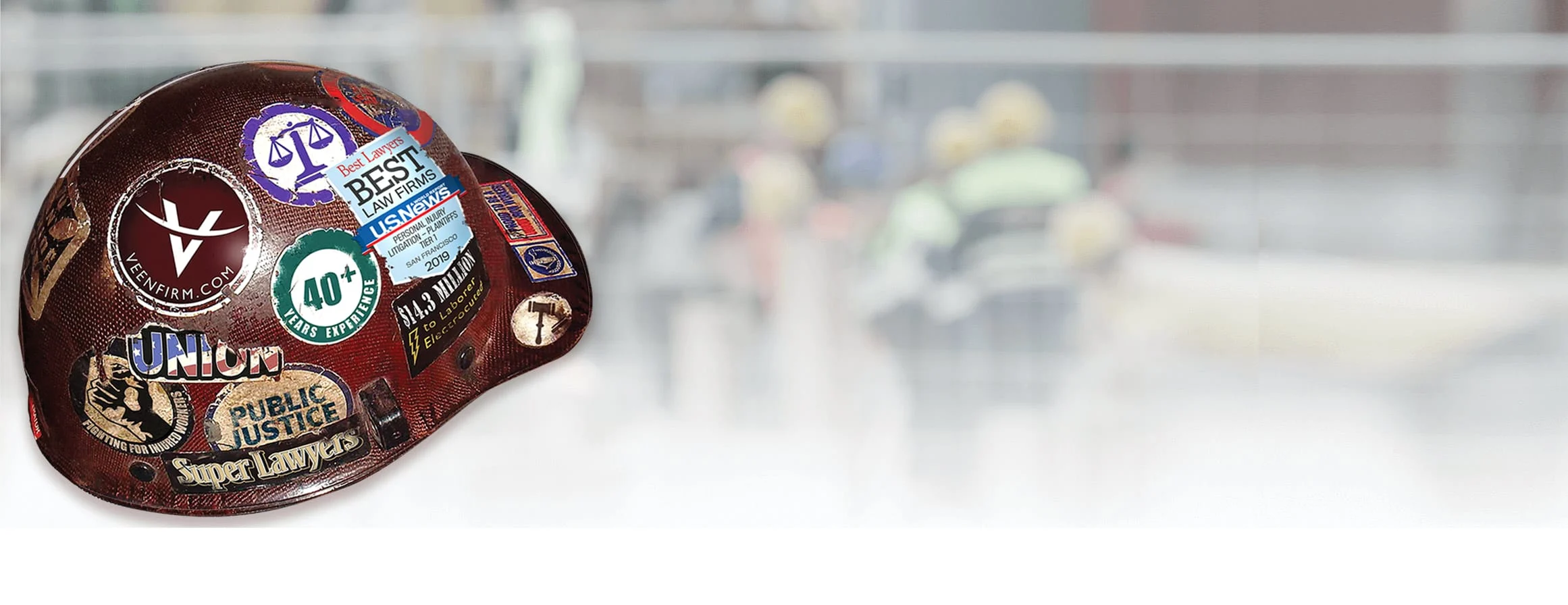Free Consultation
888-504-0157
In early 2013, defendant Zambini Brothers Scaffolding Company spent two hours erecting a four level scaffold for an exterior painting project at a residence in San Francisco. To allow car access to and from the garage, the defendant removed cross braces and replaced them with a truss. The defendant never once inspected the scaffold in the three months it was used for this project.
On April 1, 2013, the last day of the painting project, plaintiff Raul Zuniga was on the third level of the scaffold doing touch up work around a window when the lower level of the scaffold collapsed, causing the frame to tilt away from the building. The plaintiff fell over the scaffold’s front edge and landed on the pavement below.
Plaintiff claimed that the defendant did no calculation or preparation to determine the dead load safety factor of the scaffold. The defendant erected it using only four vertical frames, which did not provide sufficient stability for this scaffold that was only 3′ deep. And the defendant removed support by removing the cross bracing and replacing it with a truss. It also did not provide sufficient precautions to account for predictable San Francisco wind loads.
Defendant claimed that Plaintiff modified the scaffold when his boss told him to cut the ties securing the scaffold to the building. Defendant also claimed that the wind filled the netting around the scaffold, causing a “sail effect” which made the scaffold tip forward.
Plaintiff fell three stories to the sidewalk. Plaintiff had a Glasgow Coma Scale of 14, facial wounds, a dislocated elbow, and a broken wrist. He had bruising to his right clavicle and pain in his right knee and had a knee immobilizer placed. The plaintiff’s injuries required immediate emergency surgery. Plaintiff suffers ongoing right-sided wrist and knee pain. He was diagnosed with mild PTSD. He returned to full-time work within one year of the fall.
Raul settled with the defendant before trial for $600,000 plus resolution of the workers’ compensation benefits lien in the amount of $137,155.47, for a global benefit to the client of $737,155.47.
